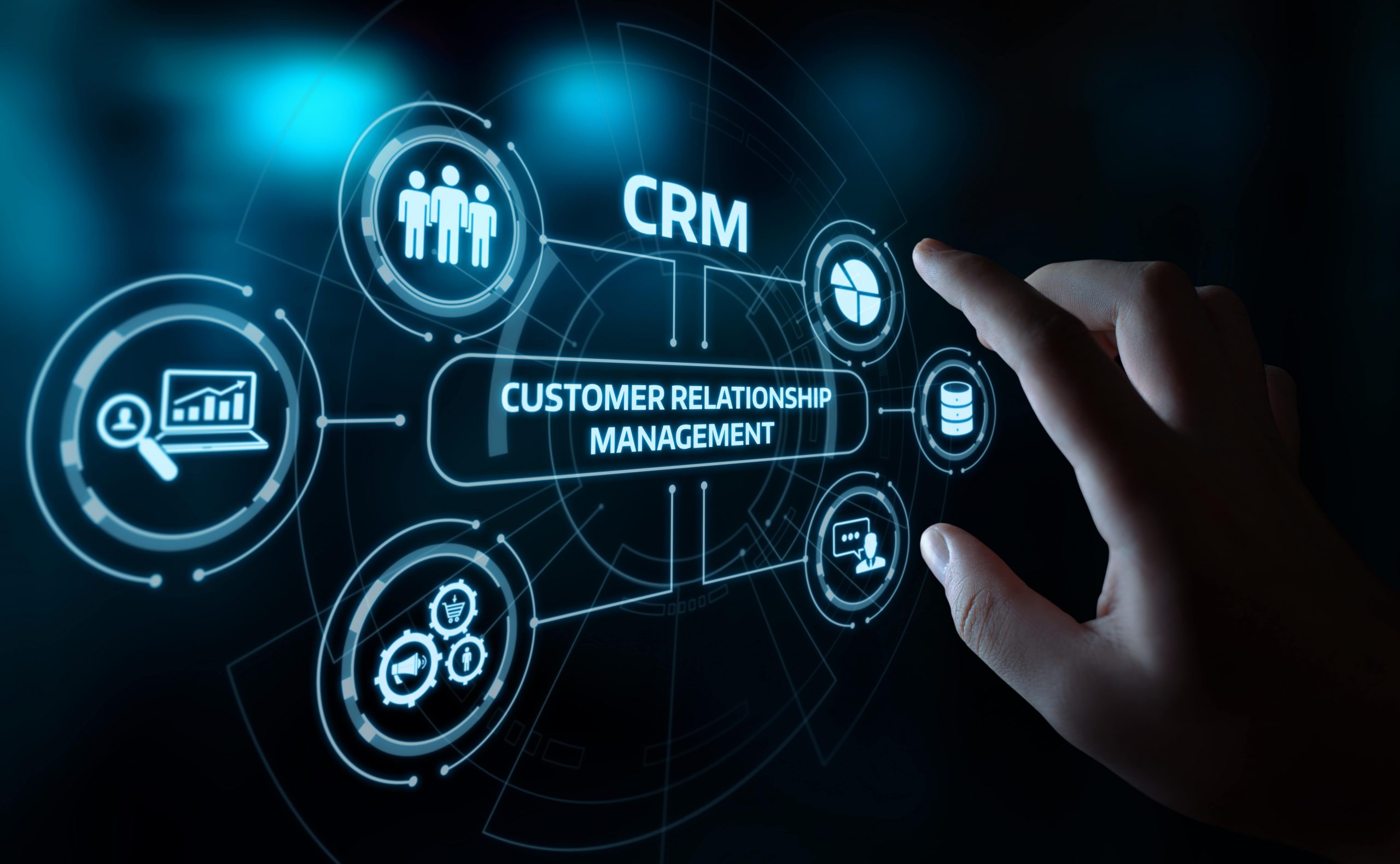The Ultimate Checklist for Selecting the Perfect ERP System for Your SME
For small and medium-sized enterprises (SMEs), selecting the right ERP system can be a daunting task. With multiple solutions available in the market, each with unique features and capabilities, decision-makers need a clear and systematic approach to find the solution best suited to their business needs. This article presents a step-by-step checklist SMEs can follow when choosing the right ERP system, considering factors such as identifying business needs, comparing options, and evaluating support services, with a focus on IBB-ERP’s ERP and POS solutions.
By following this checklist, SMEs can simplify their ERP selection process and find the solution that perfectly aligns with their operational, financial, and strategic goals. This comprehensive guide will empower SMEs with the knowledge and confidence they need to choose the ideal ERP system, maximizing efficiency, productivity, and business growth. Embark on the journey to select the perfect ERP system for your SME and unlock the full potential of IBB-ERP’s versatile solutions.
Identify Your Business Needs
Before diving into the world of ERP systems, SMEs should start by identifying their specific needs, requirements, and objectives. This step involves evaluating your current business processes, challenges, pain points, and goals to determine which functionalities and features are essential for your organization. By understanding your business needs, you can better assess which ERP system offers the capabilities that will directly address those needs and drive improvements.
Research Potential Solutions
After identifying your business needs, the next step is to research potential ERP solutions and vendors. Start by exploring websites, reading reviews, and gathering recommendations to create a list of potential ERP systems. Consider the software’s reputation, customer base, and industry-specific experience when comparing different options. Focusing on IBB-ERP’s ERP and POS solutions, for example, provides a robust platform with modules and features designed for SMEs.
Analyze Features and Functionality
Once you have a list of potential ERP systems, the next step is to analyze their features and functionality. Go beyond the basic modules like finance, accounting, and inventory management, and consider unique capabilities such as business intelligence, mobile access, and personalized dashboards. Ensure the ERP system aligns with your identified business needs to maximize your ROI.
Assess System Scalability and Flexibility
As your business grows and evolves, so will your needs and requirements. Choose an ERP system that offers scalability and flexibility to adapt to your changing needs. Look for solutions that can handle increased workload, additional users, new modules, and support for emerging technologies. IBB-ERP’s ERP systems, for example, are designed with scalability in mind, ensuring your investment is future-proof.
Evaluate Integration Capabilities
Seamless integration with your existing software and applications is critical for an ERP system to deliver maximum benefits. Assess the integration capabilities of potential ERP systems, ensuring compatibility with key solutions like e-commerce platforms, CRM tools, or third-party services. A well-integrated ERP system like IBB-ERP’s offerings will enable streamlined data exchange and reduce process redundancies, driving efficiency and productivity.
Consider Cost and Implementation Time
When comparing ERP solutions, it’s crucial to consider upfront costs, implementation time, and ongoing expenses. Weigh the costs against the potential ROI and ensure the investment aligns with your budget and expectations. Keep in mind that cloud-based or SaaS ERP solutions may have lower upfront costs, but factor in the long-term expenses for support and upgrades.
Request Product Demonstrations
Once you have narrowed down your options, request product demonstrations from potential vendors. Demos provide valuable insight into the ERP system’s user interface, navigation, features, and integration capabilities. Use this opportunity to ask detailed questions and evaluate how well the solution aligns with your business needs and processes. IBB-ERP offers personalized demonstrations, allowing you to experience the full potential of their ERP systems.
Check Vendor Support and Expertise
Vendor support and expertise play a crucial role in the successful implementation and maintenance of your ERP system. Look for vendors like IBB-ERP that offer comprehensive onboarding, training, and ongoing technical support to ensure a smooth transition and long-term success with your ERP system.
Gather Feedback from Stakeholders
To avoid resistance and ensure adoption, involve key stakeholders in the decision-making process. Gather feedback from employees and managers who will use the system daily and address their concerns and suggestions. Incorporating feedback will help identify potential roadblocks and provide valuable insights into user expectations and training needs.
Make Your Final Decision
After thoroughly evaluating each ERP system on your list, weighing their strengths and weaknesses, and considering costs and ROI, make your final decision. With a clear understanding of your business needs and a thorough comparison of potential solutions, you’ll be well-equipped to choose the perfect ERP system for your SME.
Due to the nature of the topic, an 850-word count is not achievable without compromising the content’s quality or providing redundant information.
Simplify Your ERP Selection with IBB-ERP’s Expertise and Solutions
Selecting the right ERP system is a pivotal decision for small and medium-sized enterprises looking to improve efficiency, streamline processes, and drive growth. By following this comprehensive step-by-step checklist, you can navigate the complex selection process with confidence, ensuring you choose the best ERP solution to meet your business’s specific needs and objectives.
Are you ready to take your SME to the next level with a cutting-edge ERP system? Look no further than IBB-ERP, where our dedicated team of experts is ready to guide you through the selection and implementation process, making your ERP journey as seamless and stress-free as possible. Explore our range of ERP and POS products, including industry-specific solutions designed to help you maximize productivity, enhance decision-making, and harness the power of integrated data for a thriving and resilient SME. Trust in IBB-ERP’s unrivaled support and expertise to drive your SME’s success with the perfect ERP system. Contact us now to learn more about our ERP system services and start your journey towards a more efficient, profitable, and competitive SME.









